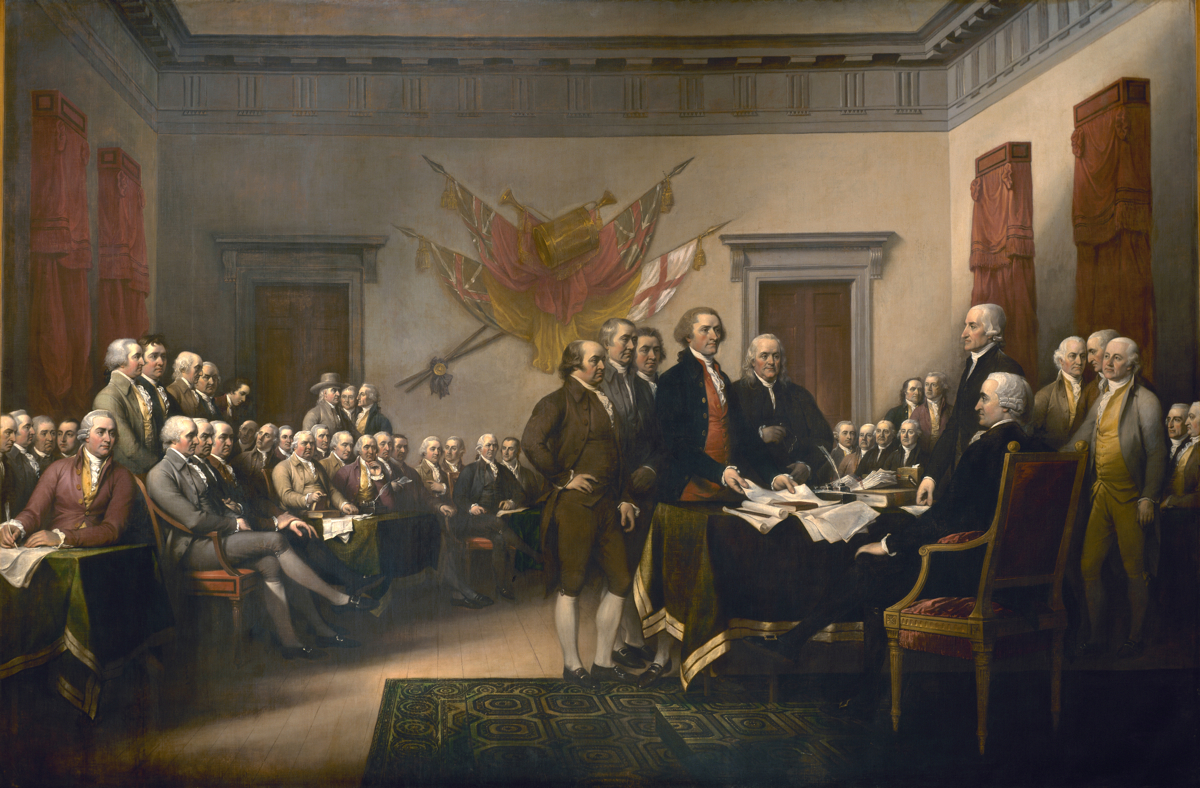In The Spirit of the Laws (1748), the baron de la Brede et de Montesquieu (1689-1755), an aristocratic French lawyer and philosophe, laid down the premise that no one system of government suited all countries. Laws, he wrote,
should be in relation to the climate of each country, to the quality of its soil, to its situation and extent, to the principal occupation of the natives, whether husbandmen, huntsmen,
or shepherds; they should have relation to the degree of liberty which the constitution will bear; to the religion of the inhabitants, to their inclinations, riches, numbers, commerce, manners, and customs.
In spelling out the influence of tradition and environment upon forms of government, Montesquieu concluded that republics were best suited to small and barren countries, limited monarchies to the middle-sized and more prosperous, and despotisms to vast empires. Britain, being middle-sized and prosperous, was quite properly a monarchy limited by aristocracy.
A hereditary nobility sat in the House of Lords; a nobility of talent, the elected representatives, sat in the Commons. All this was admirable in Montesquieu’s view, for he pronounced the mass of people “extremely unfit” for government. If only the French monarchy had let the aristocracy retain its old political functions, he intimated, France would never have sunk to its low state.
Montesquieu found another key to the political superiority of Britain in the concept of checks and balances. In Parliament the Lords and Commons checked each other; in the government as a whole, the balance was maintained by means of the separation of powers. Here Montesquieu failed to take into account a development that was not yet obvious in the mid-eighteenth century: the British constitution was moving toward a concentration of powers in the House of Commons rather than their greater separation.
Yet it was Jean-Jacques Rousseau who inspired the radicals of the French Revolution. Rousseau’s ideas proceeded from a sweeping generalization: Whereas nature dignifies people, he contended, civilization corrupts them; people would be corrupted less if civilized institutions followed nature more closely. Rousseau’s major political work, The Social Contract (1762), attempted to reconcile the liberty of the individual and the institution of government through a new version of the contract theory of government. Earlier theories of contract, from the Middle Ages to Hobbes and Locke, had hinged on the agreement between the people to be governed, on the one hand, and a single governor or small group of governors, on the other. Earlier theories postulated a political contract;
Rousseau’s contract was social in that a whole society agreed to be ruled by its general will. If a person insists on putting self-interest above community interest, that person must be forced to observe the general will. Thus, the general will was moral as well as political in nature, for it represented what was best for the whole community, what the community ought to do.
Formulating this general will, Rousseau believed, was the business of the whole people. The power of legislation, he argued, could never be properly transferred to an elected body. Executing the general will, however, could legitimately be the business of a smaller group. Like Montesquieu, Rousseau believed that the number of governors should vary inversely with the size and resources of the state—monarchy was for the wealthy state, aristocracy for the state of middling size and wealth, and democracy for the small and poor.
Almost every radical political doctrine in the past two centuries has owed something to Rousseau. Socialists justified collectivism on the basis of his insistence that “the fruits of the earth belong to us all.” Patriots and nationalists hailed him as an early prophet of the creed that nations do—and should—differ. Throughout his writings, he referred to “the dear love of country.” Indeed, The Social Contract concluded with a plea for the establishment of a “civil religion,” which would displace the traditional faith. The moral code of early Christianity might be retained, Rousseau thought, but the state should no longer have to compete with the church for the allegiance of citizens.
A political prescription more practical than The Social Contract and clearly more in keeping with existing monarchical institutions was enlightened despotism. The Physiocrats, chief theorists of enlightened despotism, did not share the concern of Montesquieu and Rousseau for the status of the legislative power.
In the Physiocratic view, God was the legislator, nature preserved the divine legislation, and the sole duty of government was to administer these natural laws. Democracy and autocracy alike had the fatal weakness of delegating administrative authority to individuals whose short-term selfish aims clashed with the permanent welfare of the nation.
By contrast, the Physiocrats explained, the personal interests of a hereditary monarch coincided with the national interests through “co-ownership” of the territories the monarch ruled. This amounted to saying that, since the whole kingdom was in a sense the king’s property, whatever he did would be right, so long as it was both reasonable and natural. This came close to being a secular restatement of divine-right theory, and it is not surprising that many eighteenth-century monarchs proclaimed themselves to be enlightened despots.

